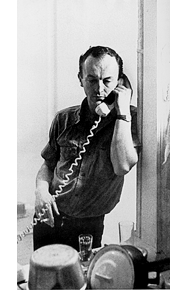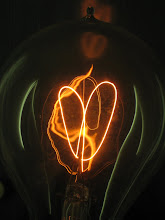Beckett Remembering Remembering Beckett
A Centenary Celebration
Edited by James and Elizabeth Knowlson
This is probably one of the most comprehensive biographies I have come across. The organization of the book is brilliant: from youth to old age, the editors have collected interviews with figures that both admire and interact with Beckett, and then interview his view on the time period, too.
I spent the first 200 pages making incredibly interested noises, each page turning with a "hm!" and a "wow" and a desperate want to talk about each paragraph with my busy-studying husband who didn't want to hear it. I'd wait for a lull in his page, a second where he looked away and I'd pounce.
Everything from his youth in sports, his burgeoning academic career lecturing (which he loathed), to " [drinking] heavily, [having] an affair with a childhood friend of the family--a married woman at that--[and smashing] up his car injuring another woman whom he adored" (66). Then of course, his affair with Peggy Guggenheim and the fateful night he was stabbed by a pimp.
!!!
I was most interested in his recollections from the Occupation; his part in the resistance was so literary and secret, collecting scraps of information and compiling it into a typed page for later photographing and near invisible transportation via film. His impulse to notify Marcel Duchamp in the fear that the Gestapo would hit his house next and interrogate him. His recounting of the liberation forces releasing thousands of emaciated people from concentration camps throughout the countryside and how they stumbled toward home, most never making it. How they fell lame with hunger and exhaustion, surviving atrocities only to die on the victorious road home, left to their own devices to arrive somewhere.
Good read, good figure. Good story. He'd never admit it, but he did say:
"Rien n'est plus réel que le rien." [Nothing is more real than nothing.]


